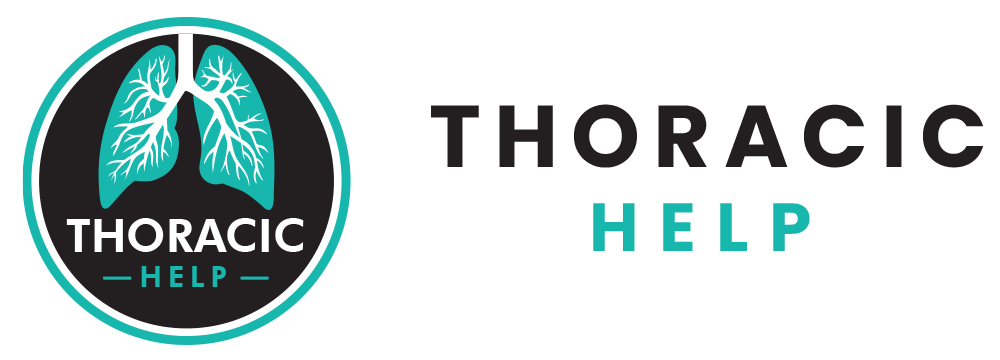- thoracichelp@gmail.com
- JPMC, Karachi
Faq’s
-
ThoracicHelp > Faq’s
FAQ’S
Frequently
Asked Questions.
-
What are the diseases managed by thoracic surgeons ?
Thoracic surgery focuses on pathologies of lung, esophagus, pleura, mediastinum, trachea, diaphragm and chest wall. Some of the examples include esophageal cancer, empyema thoracis, bronchiectasis, hydatid cyst, tracheal stenosis, chest wall tumors and lung cancer. (For detailed review, kindly check disease spectrum on our website).
-
Where are we located ?
The department of thoracic surgery is located on the first floor of Surgical Complex at Jinnah Postgraduate Medical Centre.
-
Is thoracic surgery high risk ?
It is generally considered high risk due to close proximity to vital organs but a thorough preoperative preparation and optimal surgical technique yields favourable outcomes.
-
What type of anesthesia will be administered?
Most of the procedures are performed with general anesthesia utilizing single-lung ventilation.
-
What precautions should be taken after surgery?
You should avoid lifting heavy weights for atleast 6 weeks. Swimming is not allowed until wound is fully healed. Driving can be resumed once you are off pain medications.
-
When will my sutures be removed ?
The sutures can be removed 2 weeks after your surgery.
-
Will I have pain after surgery? For how long ?
You will have incision site pain for 2-4 weeks and sometimes longer. You will be discharged with pain medications to ease your recovery.
-
Will this surgery require any dietary changes ?
There are no dietary restrictions but we do encourage a high protein diet for optimal recovery.
-
Is it necessary to quit smoking ?
Yes, ideally it should be stopped atleast 4 weeks before surgery.
-
When can I drive ?
You may drive once you have stopped pain medications. This could be 2 to 4 weeks after surgery.
-
When can I fly?
Air travel is allowed once the lung is fully expanded. General recommendation is to delay it by 2 to 4 weeks after uncomplicated thoracic surgery. However, it may vary among patients.
